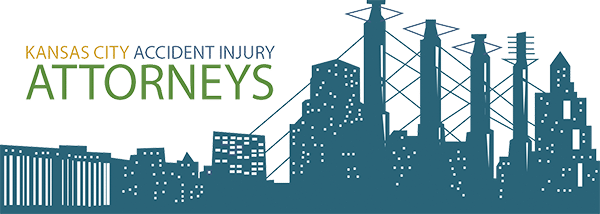How Fatigue Contributes to Workplace Accidents and Injuries
There’s no denying that Americans are sleep deprived. Recent studies of sleep patterns show that we have less quality sleep and suffer from more sleep disorders than ever. And while there has been an increased focus on the dangers of fatigued driving, fewer people seem to be concerned with the effects of sleep deprivation in the workplace.
However, fatigue has been blamed for several industrial disasters and catastrophic accidents, and is also responsible for dozens of workplace injuries every day.
Just How Tired Are We?
According to the National Sleep Foundation’s annual Sleep Health Index, 45 percent of Americans say that poor or insufficient sleep affected their daily activities at least once in the previous week. While the survey respondents reported sleeping an average of 7 hours and 36 minutes each night, 35 percent said their sleep quality
was “poor” or “only fair.”
When it comes to being able to function at full capacity, it’s the quality of sleep that matters, not the amount of time spent lying in bed. Add to this the difficulty of getting quality sleep when you work unusual hours, and it’s clear that many Americans are showing up at work too tired to perform their jobs safely.
What Are the Effects of Sleep Deprivation at Work?
Major historical disasters thought to be caused at least in part by sleep-deprived workers include the Chernobyl nuclear power plant explosion in 1986 and the Exxon-Valdez oil tanker crash in 1989. Fatigue was also believed to be a factor in the Chicago Blue Line train derailment in 2014 and the Metro North derailment in New York in 2015.
While these are extreme examples, employees in a variety of industries can harm themselves and others when they make mistakes at work. According to the Occupational Safety and Health Administration, workers are almost three times more likely to be involved in a work-related accident when tired.
Of particular concern are workers in the following industries, as their impaired decision-making can affect the health and safety of others:
- Transportation
- Healthcare
- Construction
- Law enforcement
- Farming
- Emergency response
- Fishing
- Machining and assembly
Causes of Worker Fatigue
There are a variety of factors that lead to worker fatigue, including the following:
- Shift work. Companies that operate on a 24-hour basis require workers throughout the night. The adjustment to third-shift work is especially difficult, but even workers with years of experience working at night are more likely to be fatigued than daytime workers. Extended shifts, often offered in the healthcare industry, require workers to be on duty for as long as 16 hours at a time, which means the employee is awake for 18-20 hours straight. These types of shifts can lead to dangerous mistakes on the jobs and injuries to workers and patients.
- Sleep disorders. An increase in the number of people diagnosed with sleep apnea may be explained by the obesity epidemic in the U.S., as being overweight is a risk factor for sleep apnea. Whatever the cause, more people have their sleep disrupted each night because they stop breathing temporarily. Truck drivers in particular are a risk group for sleep apnea and on-the-job fatigue. Other disorders, such as insomnia and restless leg syndrome, are reported by more people each year. When a sleep disorder prevents someone from getting quality sleep, his or her work performance can be affected.
- Stress. Workers in high-stress jobs such as healthcare, law enforcement, and emergency services often have difficulty relaxing enough after work to fall asleep. The lack of sleep can add to stress levels, creating a dangerous cycle. High-pressure jobs require focus and attention—two areas most affected by fatigue.
Have You Been Injured On The Job?
If you’ve been hurt at work on the job in Kansas City you need to speak with an experienced workers’ compensation attorney as soon as possible. Please contact us online or call our Kansas City office directly at 816.471.5111 to schedule your free consultation.
Related Posts:

